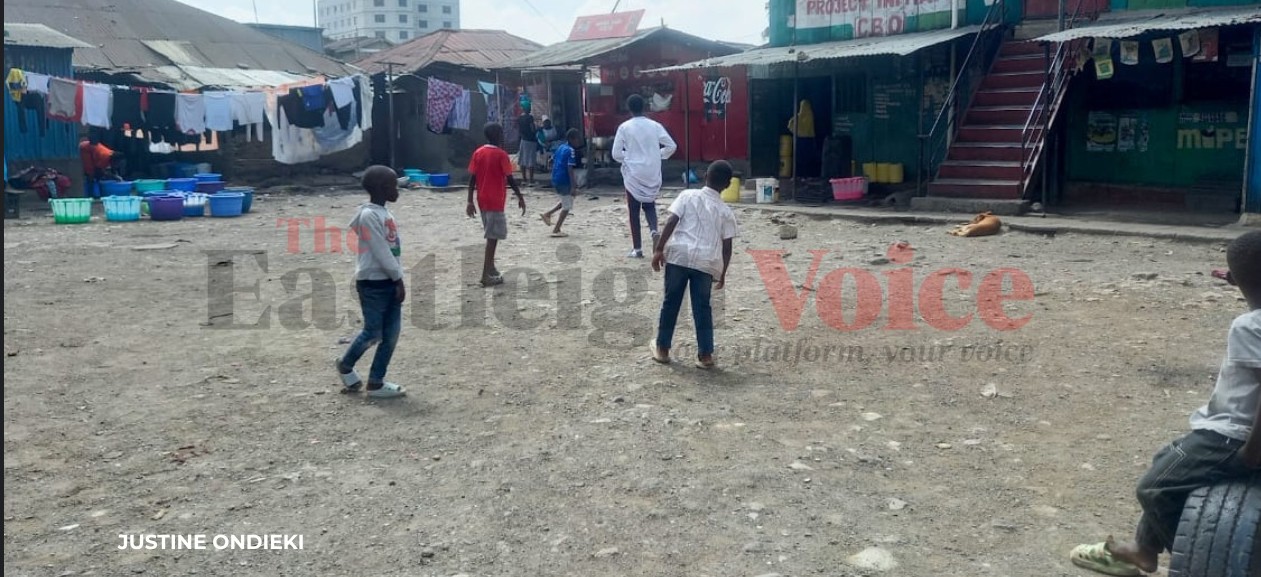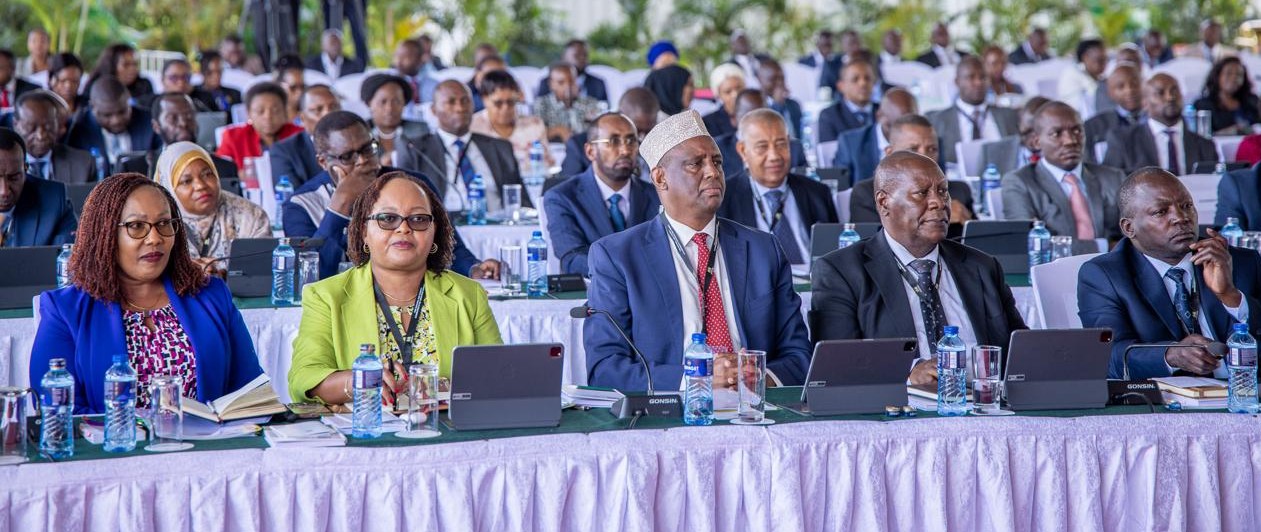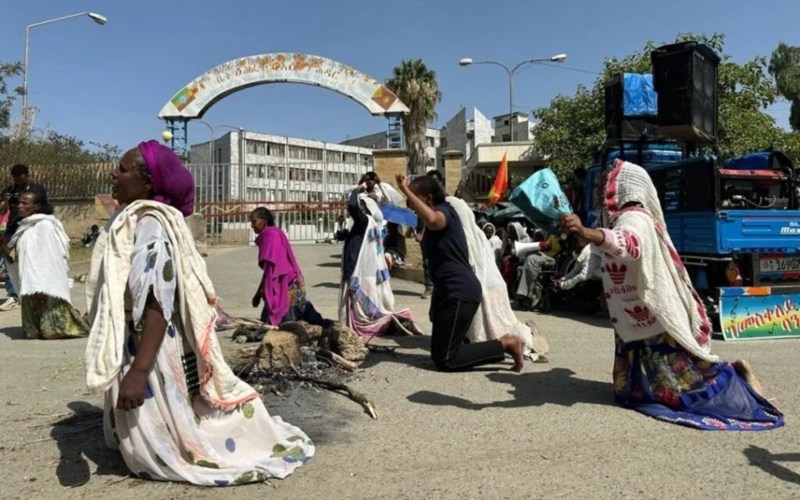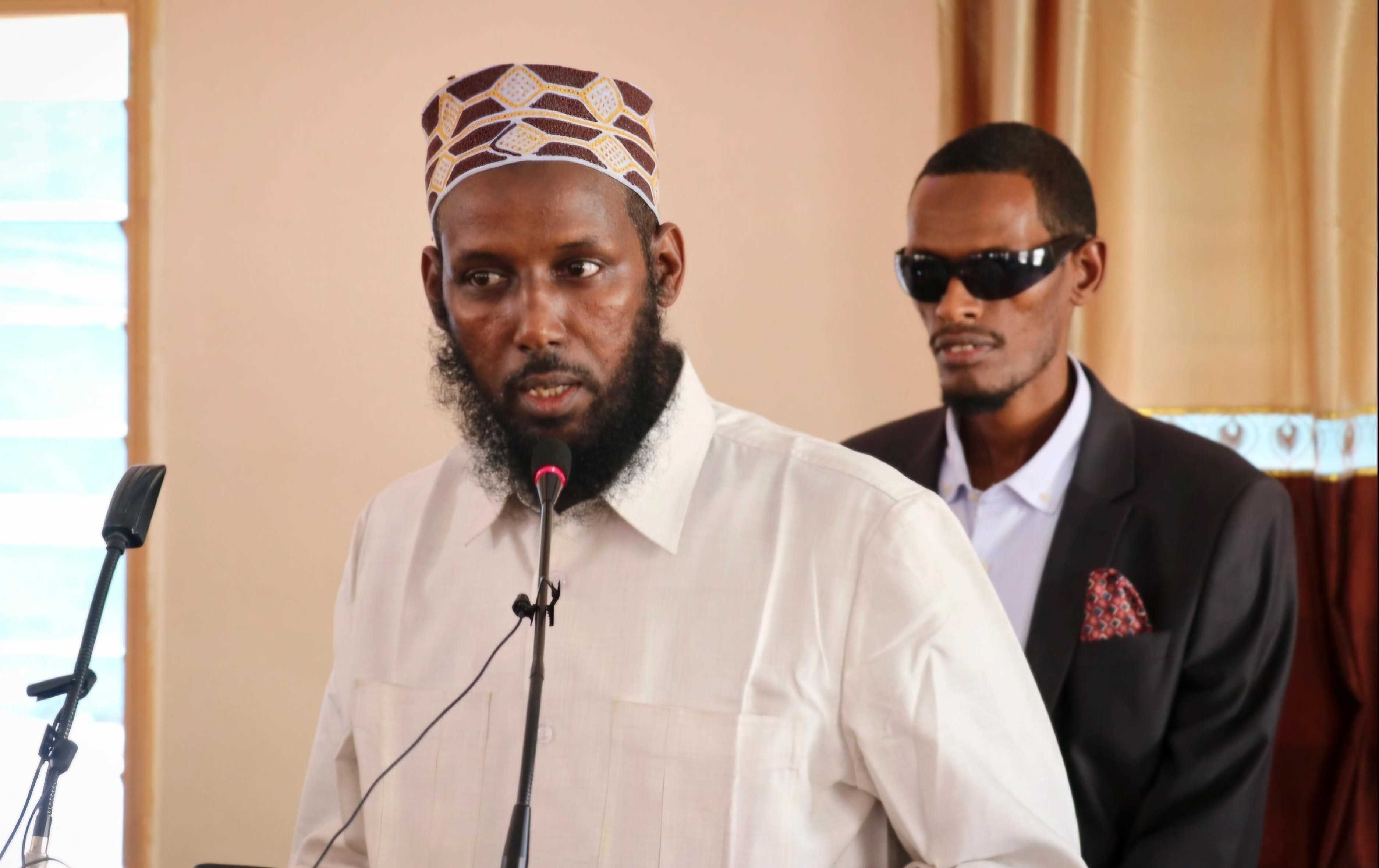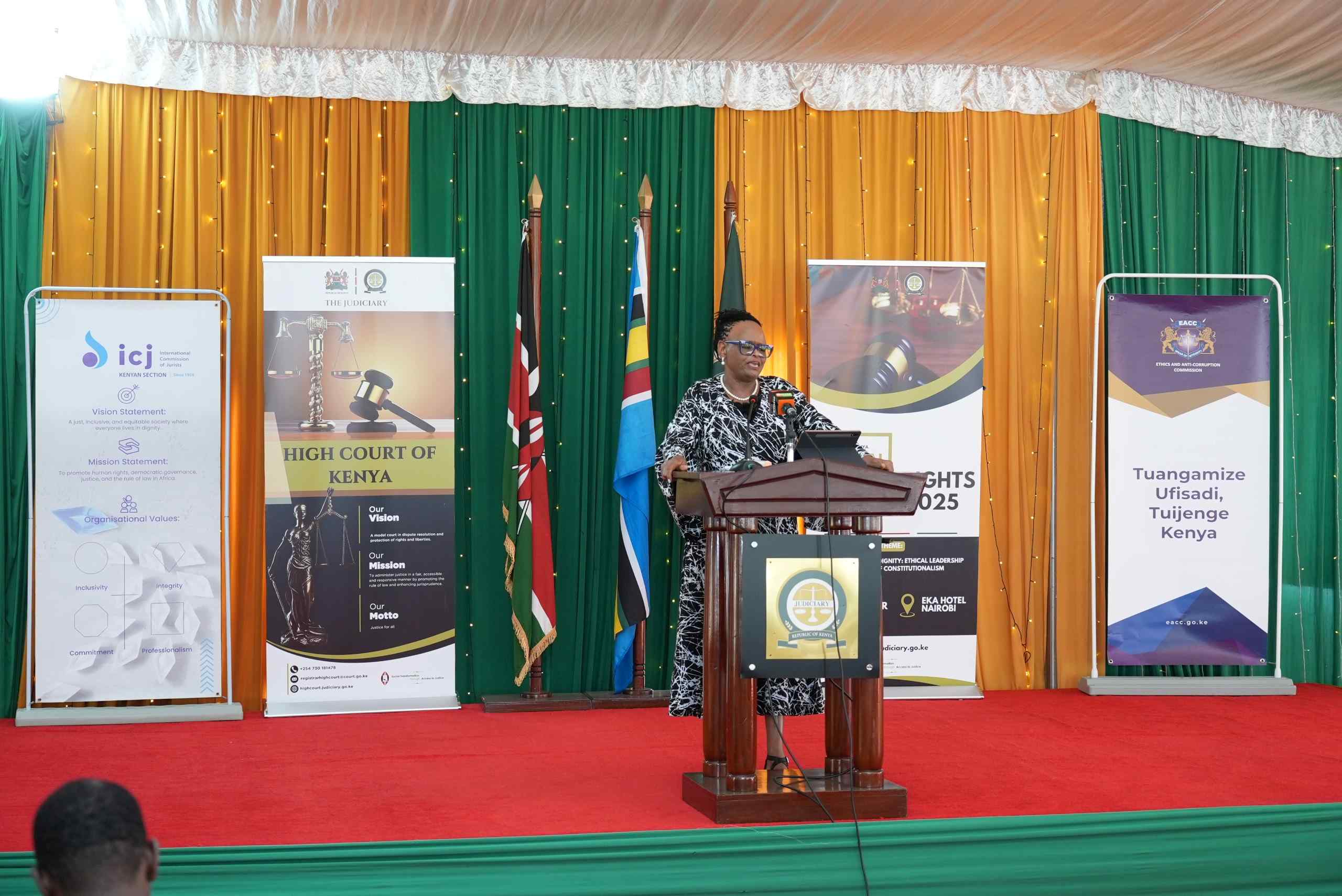Fear, misinformation plague parents despite child vaccines shortage resolution
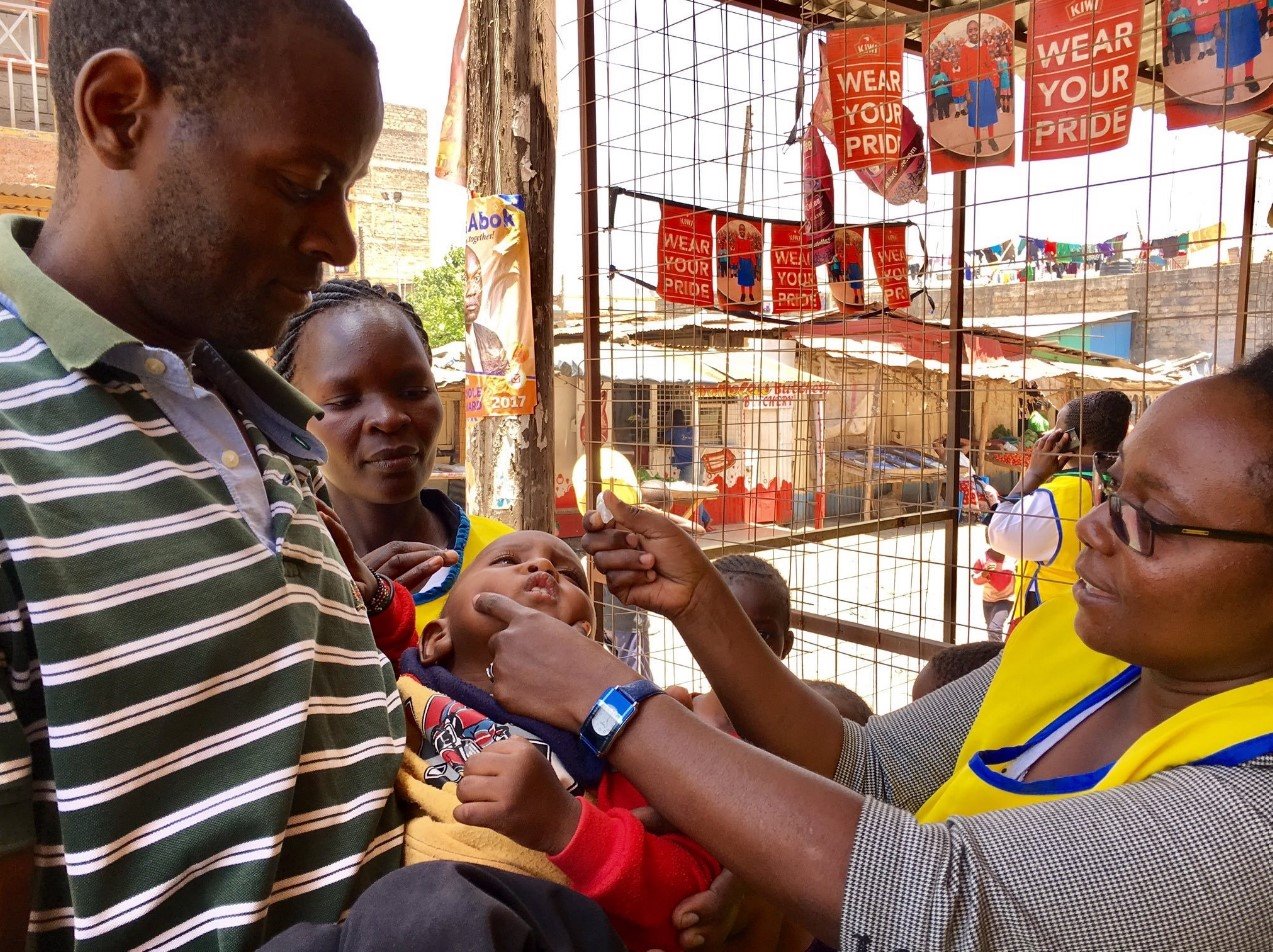
Health workers across Nairobi continue to urge parents not to delay childhood immunisations, emphasising that routine vaccines are now available in public and private facilities.
Months after the government resolved the temporary shortage of childhood vaccines, fear and misinformation continue to plague many parents across the country.
The initial panic, sparked by stockouts in health facilities, has left a lasting impact, with some parents still opting to travel to other counties or seek services from private or non-governmental hospitals out of fear that vaccines are still unavailable in public facilities.
More To Read
- Malindi measles resurgence linked to low vaccination rates
- Africa: A tentative start in mass vaccine production
- Kenya vaccinates over 21 million children against typhoid, measles
- Sharp decline in childhood vaccinations leaves 133,000 children unprotected – report
- 15.6 million children vaccinated against measles-rubella and typhoid
- First malaria drug for infants approved, to be rolled out in Africa within weeks
Esther, a community health promoter based in Nairobi, recalls the confusion during the vaccine shortage period.
“There was indeed a short period when vaccines ran out, and many mothers rushed to our homes in panic, looking for help,” she says.
“The issue was addressed quickly, but the miscommunication lingers. Some people missed their appointments and assumed the vaccines were still unavailable. That message then spread within the community, creating unnecessary fear.”
Esther adds that efforts are now being made to restore public confidence. “We’re working hard to ensure parents don’t keep their children at home out of fear. Vaccines are available, and we’re encouraging mothers to bring their children to facilities.”
She also explains that health promoters are informed about vaccine distribution and are able to direct patients to facilities where vaccines are currently in stock. “Even if one facility has run out temporarily, we know where to refer them.”
Anne, a community health promoter working in Nairobi's informal settlements, recalled that during the vaccine shortages, mothers were often advised to return to health facilities on specific days when vaccines were expected to be available. However, she noted that some parents still believe this arrangement is ongoing, despite the issue having been resolved.
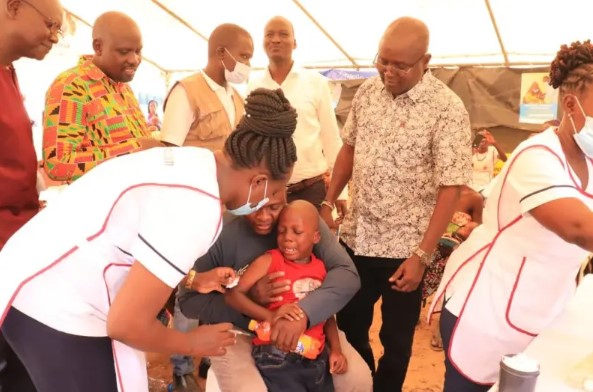 A nurse administers the measles vaccine to safeguard a child's health. (Photo: Turkana County Government)
A nurse administers the measles vaccine to safeguard a child's health. (Photo: Turkana County Government)A nurse administers measles vaccine to safeguard a child's health. (Photo: Turkana County Government)
“There was a time when mothers were asked to return on specific days due to limited supply. But that issue has since been resolved. Vaccines are now available regularly, and we give them as needed,” she explains.
She shares an example of a recent case: “A mother came to me in distress, fearing the vaccines were not available. I referred her to a nearby public facility, and she got her child vaccinated immediately.”
SHA rollout
Anne also highlights a new challenge brought by the roll-out of the Social Health Authority (SHA) system, which requires identification during service provision. “There were some cases where mothers were initially turned away for not having proper identification. But once they provided the required documents, the children were vaccinated.”
In Mathare, Florence, a health practitioner at a private non-governmental hospital, says they’ve seen a surge in parents bringing their children to their facility.
“Many are still afraid that public hospitals don’t have vaccines, which is not true,” she says. “Vaccines are available in public facilities, but due to the earlier scare, people are still hesitant.”
She adds that misinformation, especially about vaccine unavailability and funding cuts, continues to circulate, discouraging some from seeking services at public health centres. “We are now working with Community Health Volunteers (CHVs) to reach out to residents and inform them that vaccines are indeed available. It’s important to restore trust.”
Health workers across Nairobi continue to urge parents not to delay childhood immunisations, emphasising that routine vaccines are now available in public and private facilities, and services are being provided regularly.
“Let’s not allow fear to put our children’s health at risk. Vaccination is one of the most effective ways to protect them, and the services are there—parents just need reassurance.”
The country received a major boost to its immunisation programme with the arrival of 9.3 million vaccine doses in January, aimed at protecting children against tuberculosis (TB), measles, and rubella. The shipment included 2.3 million doses of the Bacillus Calmette-Guérin (BCG) vaccine and 7 million doses of the measles-rubella vaccine.
Dr. Patrick Amoth, the Health Director-General, confirmed that the Ministry has maintained a buffer stock sufficient for six months to ensure consistent vaccine availability.
“We have a robust vaccine distribution system in place that allows us to address any localised shortages quickly and efficiently,” Dr. Amoth said during a weekly media briefing.
The vaccines were distributed to nine regional depots from the central vaccine store located in Kitengela. Nairobi leads with 450,000 BCG doses, followed by Kisumu (300,000), Kakamega (276,000), Nakuru (264,000), Eldoret (290,000), Mombasa (120,000), Garissa (120,000), Meru (90,000), and Nyeri (90,000). An additional 234,000 BCG doses remain in storage as a national buffer stock to safeguard against future supply disruptions.
This delivery was a relief following a period of shortage in 2024, especially of the BCG vaccine, which had been out of stock for more than a month in some regions. Several counties experienced either limited access or complete stockouts, sparking public concern and panic among parents.
The Ministry has further noted its immunisation plans, with additional shipments expected. Of 486,000 doses of the rotavirus vaccine, 2.3 million doses of the tetanus-diphtheria (Td) vaccine, and 1.2 million doses of the pentavalent vaccine. Another 960,000 doses of the oral polio vaccine.
Top Stories Today
